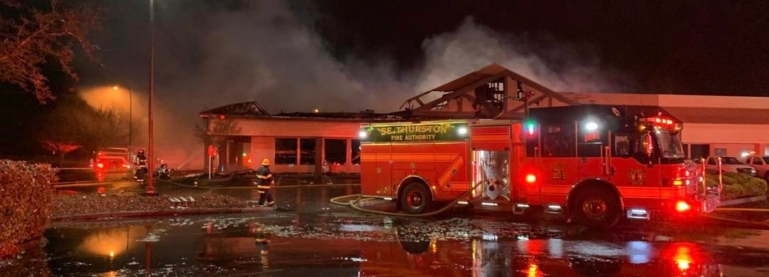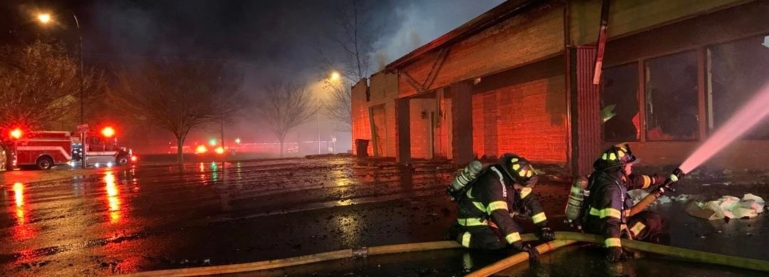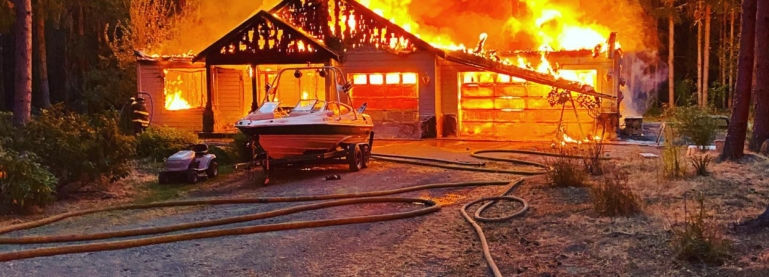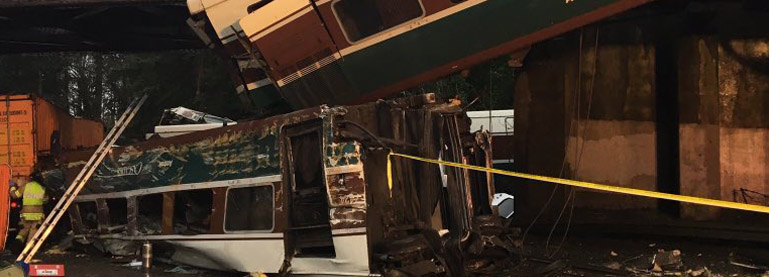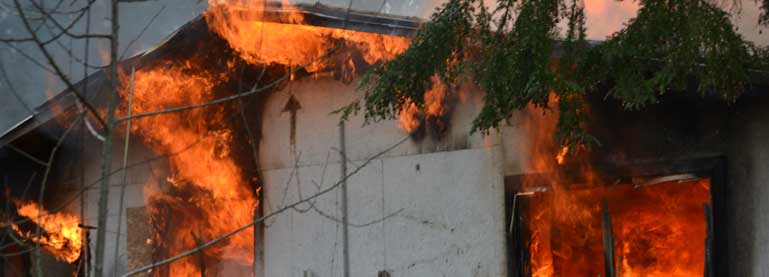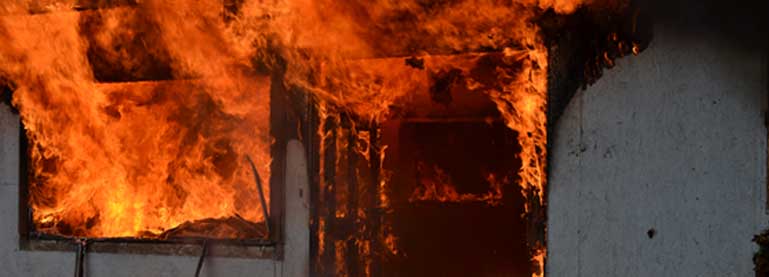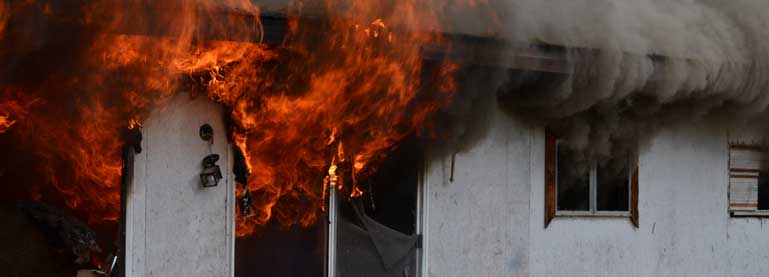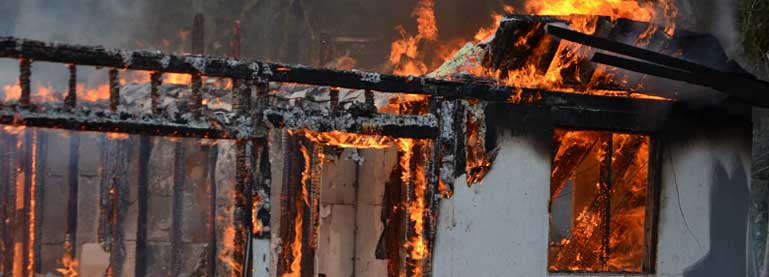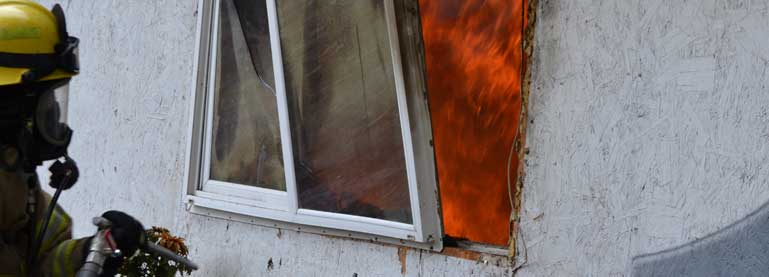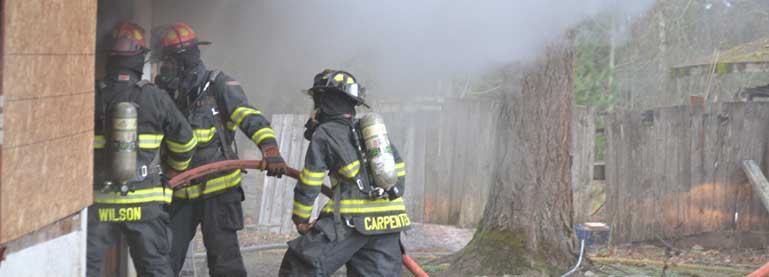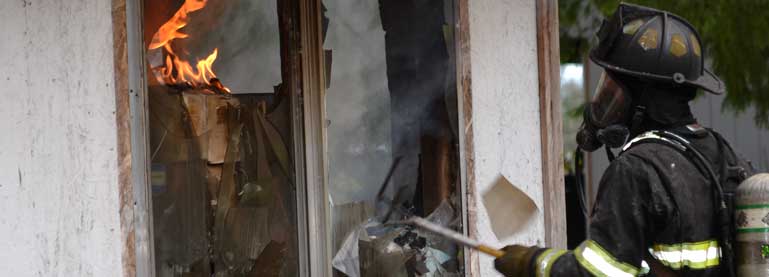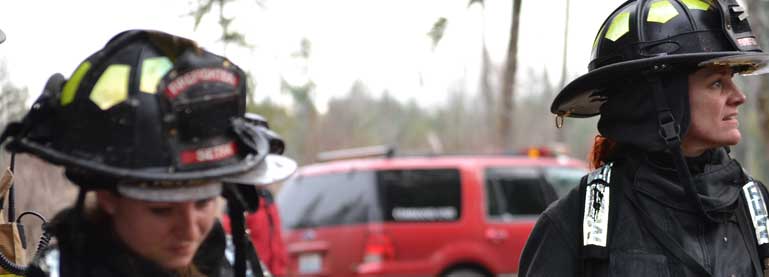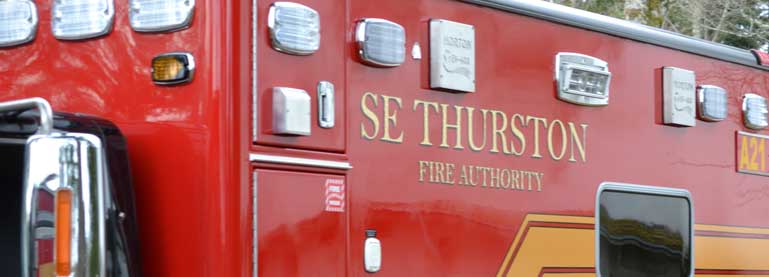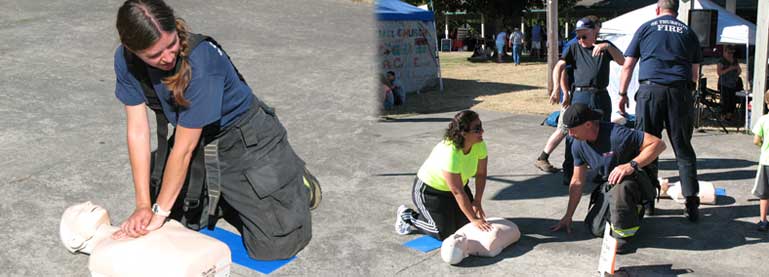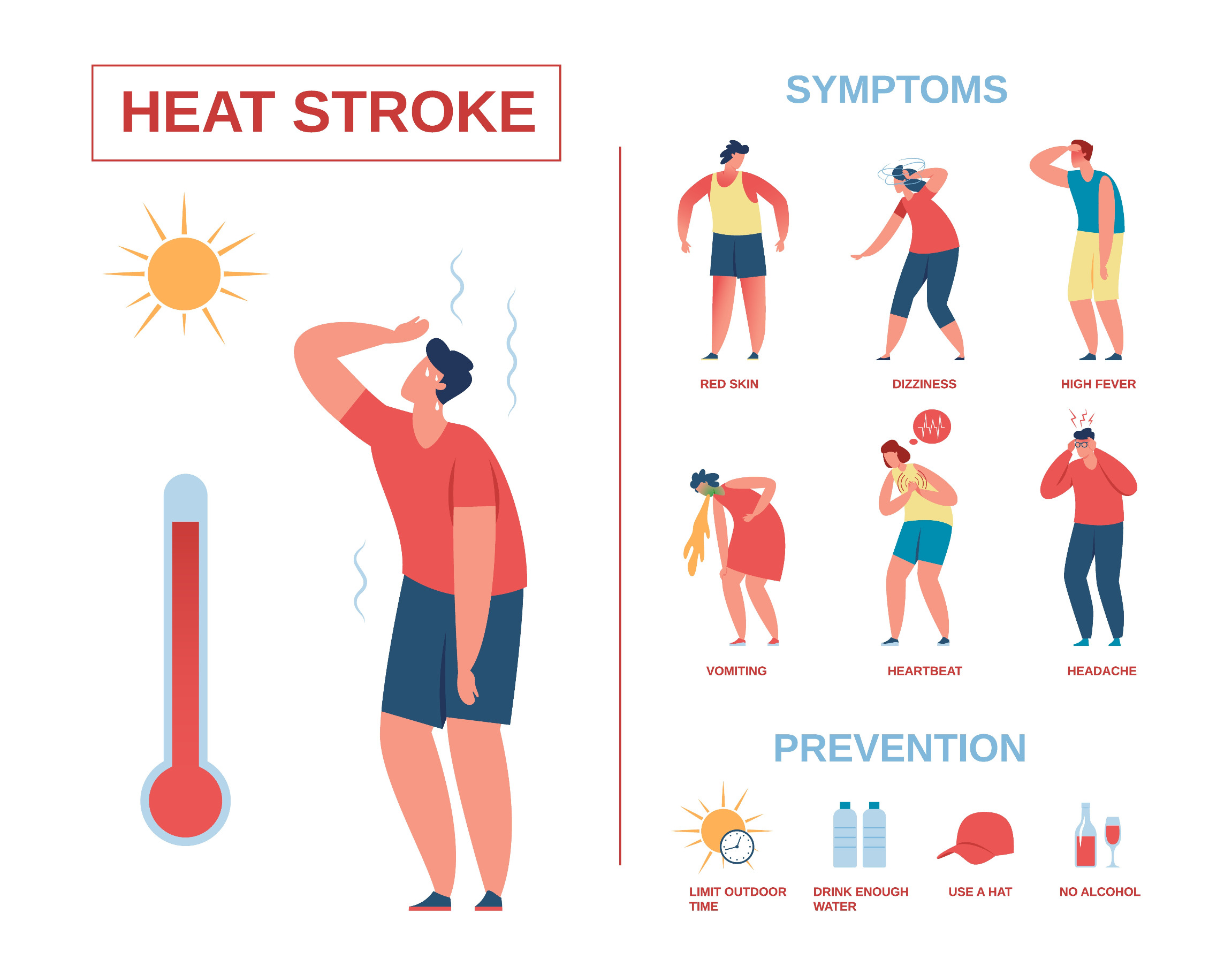
As summer temperatures continue to rise, staying cool can become challenging. For many, heat is difficult to avoid.
When heat becomes dangerous, here are some steps you can take to keep yourself and others safe.
1) Find alternate places to cool down
If you are unable to keep your home cool, it’s important to find alternate places to cool down. Public places such as libraries, museums and shopping malls can offer relief. You can also contact your local office of emergency management or try entering your zip code at www.211.org to find a community cooling center near you.
If you are unable to get someplace cool, use cool cloths or even a T-shirt from the freezer to wear around your neck during extreme heat advisories or warnings.
2) Use low-cost methods to keep your house cooler
Windows alone can cause roughly 40% of unwanted heat buildup in our homes. There are some simple ways you can cool down your house. You can:
- Add curtains to your windows.
- Limit-heat producing appliances during the day.
- Cross-ventilate rooms by opening windows at night when temperatures drop.
- Check the weather stripping on doors and windows to keep the cool air in.
- Install ceiling fans to help circulate air. However, do not rely on a fan as your primary cooling device. Fans create air flow and a false sense of comfort, but do not reduce body temperature or prevent heat-related illnesses.
3) Cool off in water
When it’s hot out, you may want to find relief in a pool, lake, stream, ocean or even a cool bath. However, water present its own safety hazards, especially for children. Make sure you talk to children about water safety. You can visit redcross.org for some video resources that help you explain water safety to different age groups.
You should also designate a specific person to keep an eye on the water and supervise people during water activity. If you use a kiddie or inflatable pool, after each use make sure to drain the water and flip the pool over.
4) Check in with your neighbors, friends and family
Extreme heat can cause serious health problems, especially for those unable to access air conditioning, those who are unable to adjust their daily activities despite the heat, and older adults who are more suspectable to heat illnesses.
If you are alone and in high heat, let someone know and set regular check in times.
If you are a caregiver to an older adult, make sure you have a plan for keeping the individual cool and comfortable during a heatwave or summer power outage.
Even if you are not responsible for your neighbors, family and friends, it’s a good idea to check in on them when you can. Not everyone has the same access to resources and information as you do. Your check-in can save a life.
5) Know the signs of heat-related illness
To stay safe, it’s important to know the signs of heat-related illnesses and how to respond if you suspect you or someone else is suffering.
Symptoms of heat stroke include:
- Extremely high body temperature (above 103 degrees F) taken orally.
- Red, hot and dry skin with no sweat.
- Rapid, strong pulse.
- Dizziness, confusion or unconsciousness.
If you suspect heat stroke, call 9-1-1 or get the person to a hospital immediately. Cool down with whatever methods are available until medical help arrives. Do not give the person anything to drink.
Symptoms of heat cramps include:
- Muscle pains or spasms in the stomach, arms or legs.
Symptoms of heat exhaustion include:
- Heavy sweating.
- Paleness.
- Muscle cramps.
- Tiredness.
- Weakness.
- Fast or weak pulse.
- Nausea or vomiting.
If you have signs of heat cramps or heat exhaustion, go to a cooler location and cool down by removing excess clothing and taking sips of sports drinks or water. Call your healthcare provider if symptoms get worse or last more than an hour.
To prevent dehydration, heat stroke and other heat-related illnesses, make sure you drink lots of water.

